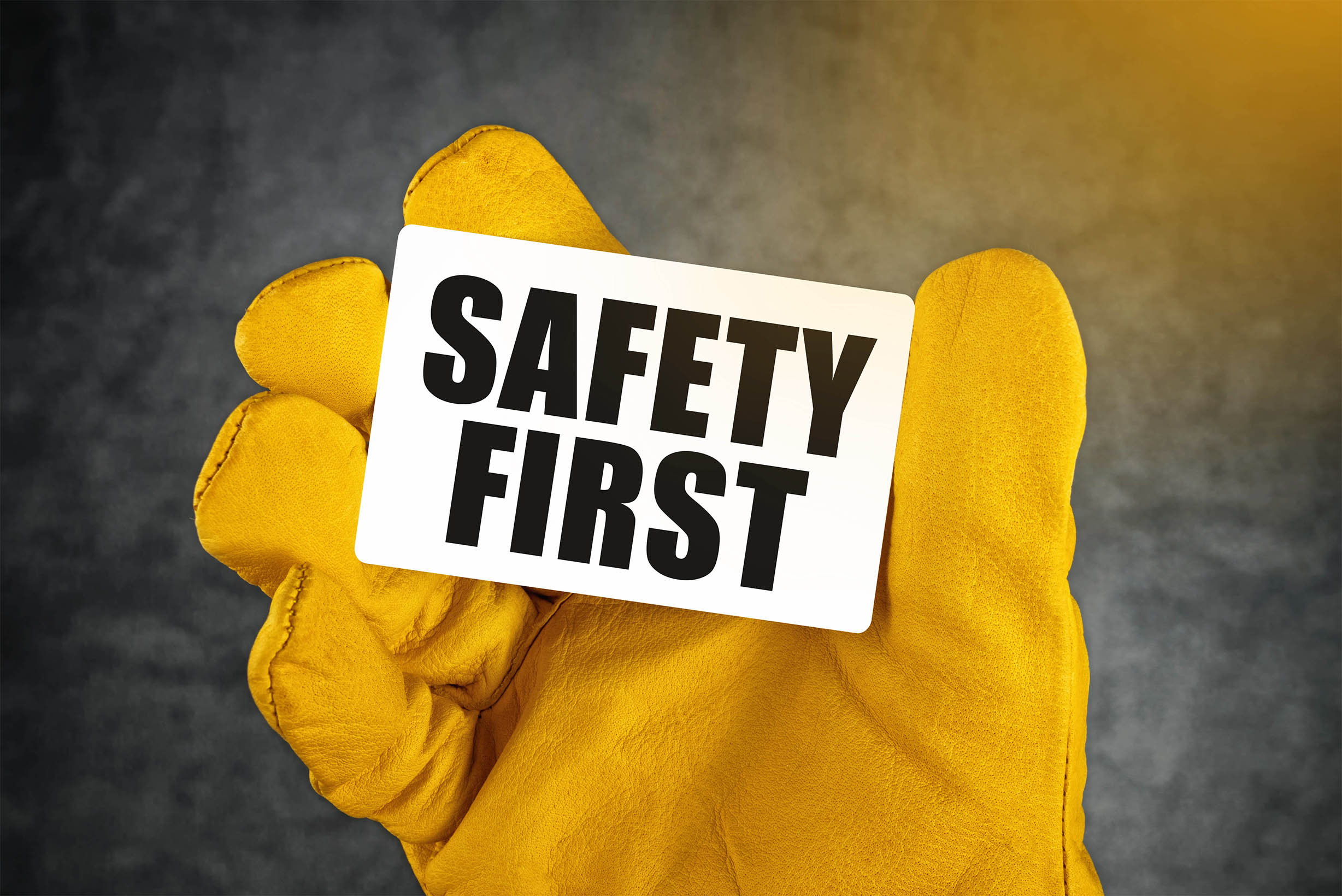To stay healthy and safe while on Safari, please observe the following:
Make sure your food and drinking water are safe. Food and waterborne diseases are the primary cause of illness in travelers. Travelers’ diarrhea can be caused by viruses, bacteria, or parasites, which are found throughout East Africa and can contaminate food or water. Infections may cause diarrhea and vomiting (E. coli, Salmonella, cholera, and parasites), fever (typhoid fever and toxoplasmosis), or liver damage (hepatitis).
To stay healthy, do…
- Wash your hands often with soap and water or, if hands are not visibly soiled, use a waterless, alcohol-based hand rub to remove potentially infectious materials from your skin and help prevent disease transmission.
- In developing countries, drink only bottled or boiled water, or carbonated (bubbly) drinks in cans or bottles. Avoid tap water, fountain drinks, and ice cubes. If this is not possible, learn how to make water safer to drink.
- Take your malaria prevention medication before, during, and after travel, as directed. (See your health care provider for a prescription.)
- To prevent fungal and parasitic infections, keep feet clean and dry, and do not go barefoot, even on beaches.
- Always use latex condoms to reduce the risk of HIV and other sexually transmitted diseases.
- Protect yourself from mosquito insect bites:
- Wear long-sleeved shirts, long pants, and hats when outdoors.
- Use insect repellents that contain DEET (N, N-diethylmethyltoluamide).
- If no screening or air conditioning is available: use a pyrethroid-containing spray in living and sleeping areas during evening and night-time hours; sleep under bed nets, preferably insecticide-treated ones.
Do not…
- Do not eat food purchased from street vendors or food that is not well cooked to reduce the risk of infection (i.e., hepatitis A and typhoid fever).
- Do not drink beverages with ice.
- Avoid dairy products, unless you know they have been pasteurized.
- Do not swim in fresh water to avoid exposure to certain water-borne diseases such as schistosomiasis.
- Do not handle animals, especially monkeys, dogs, and cats, to avoid bites and serious diseases (including rabies and plague). Consider pre-exposure rabies vaccination if you might have extensive unprotected outdoor exposure in rural areas.
- Do not share needles for tattoos, body piercing or injections to prevent infections such as HIV and hepatitis B.
- Avoid poultry farms, bird markets, and other places where live poultry is raised or kept.

